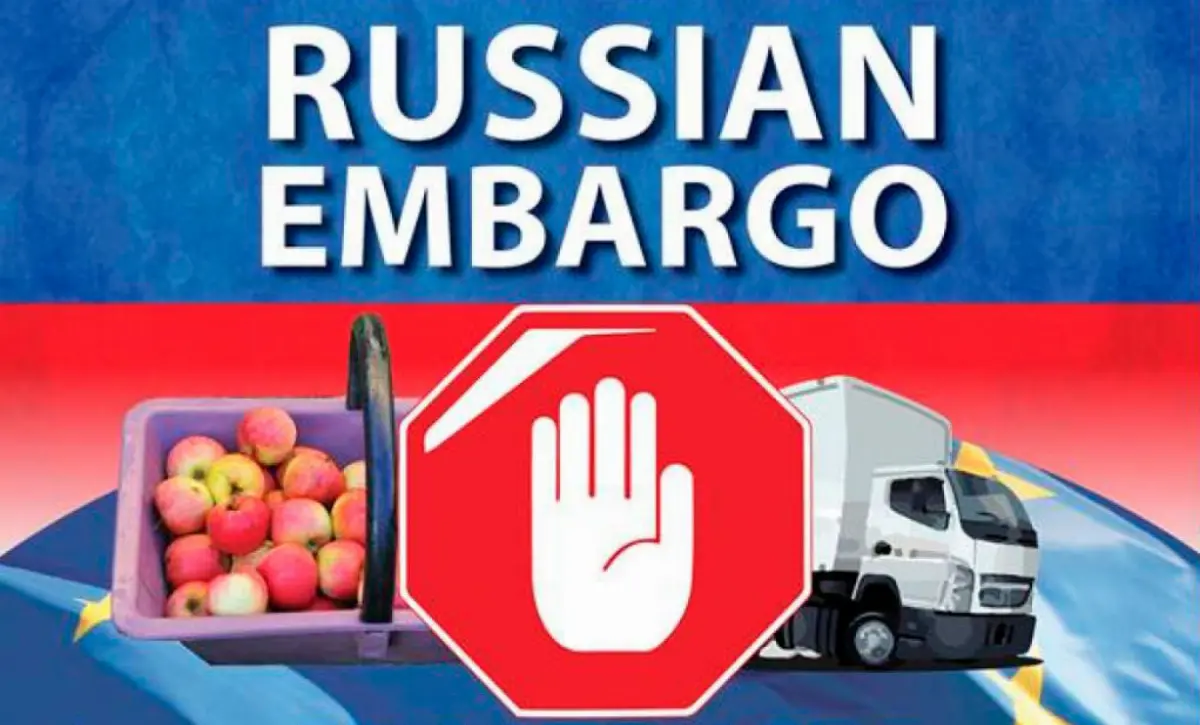
Do you want to access to this and other private contents?
Log in if you are a subscriber or click here to request service
Agri-food: the blow on Made in Italy from the Russian embargo
Export loses over 1.3 billion in the last six and a half years

Made in Italy agri-food exports to Russia have lost over 1.3 billion in the last six and a half years due to the embargo decided by Putin which still affects an important list of European products with a ban on the entry of fruit and vegetables, cheeses, meat and cured meats, but also fish, as a retaliation for EU sanctions. This is what emerges from an analysis by Coldiretti on the occasion of the...
hef - 16748
EFA News - European Food Agency
EFA News - European Food Agency